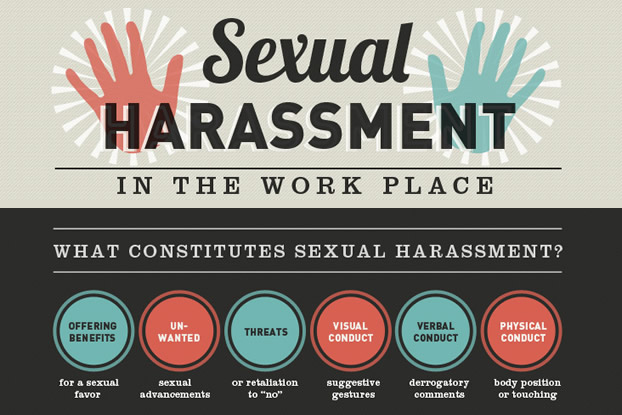This Act is in consonance with the spirit of Article 21 of the Constitution which includes the right of a woman to dignity, life and liberty. This is one of the most recent legislation and was enacted to incorporate the guidelines laid down by the Supreme Court. It provides for protection of women against sexual harassment at workplace. There are provisions in the Act dealing with the prevention and redressal of such complaints.
The other categories of this act are The Bonded Labour System (Abolition), Act, 1976, the Beedi and Cigar Workers (Conditions of Employment) Act, 1966
A new set of guidelines has been issued by the Bombay High Court to protect the identities of parties involved in proceedings under the Prevention of Sexual Harassment of Women at the Workplace Act, 2013.
Justice Gautam Patel enacted the applicable law for continuous ordering, hearing and handling of cases in the high court register to protect the ownership of parties even from accidental disclosure in a seven page judgement.
The court issued the guidelines during a woman’s civil lawsuit against the company, alleging sexual harassment.
Protocols to be followed during such hearings
Guidelines go on to say that all listening will be done only in the chamber or on the camera. No online or hybrid listening will be allowed.
Only lawyers and parties will be allowed to attend hearings while support staff such as clerks and pioneers will be out of court.
A court colleague, stenographer, or person who provides secretarial assistance, may remain during the proceedings.
Guidelines to be followed while filing pleadings
According to guidelines issued by Justice Gautam Patel, no personal identification information should be kept in the court register when submitting any document. The registration site may request the production of a credentials document.
Similarly, the titles should not be known in all affidavits or party documents.
The guidelines say,
“None other than Advocate on Record with a current vakalatnama to be permitted to take inspection of pleadings. Entire record to be kept sealed, not to be digitised by the third party unless ordered by court,”




